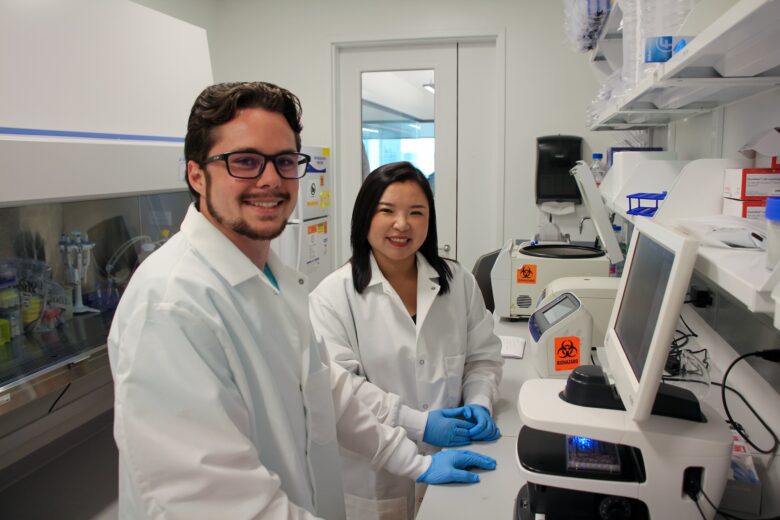
Fourteen million people worldwide suffer from enlarged hearts, or hypertrophic cardiomyopathy (HCM), a genetic disease that thickens the heart’s walls, making it harder for the … Read More ›

Fourteen million people worldwide suffer from enlarged hearts, or hypertrophic cardiomyopathy (HCM), a genetic disease that thickens the heart’s walls, making it harder for the … Read More ›
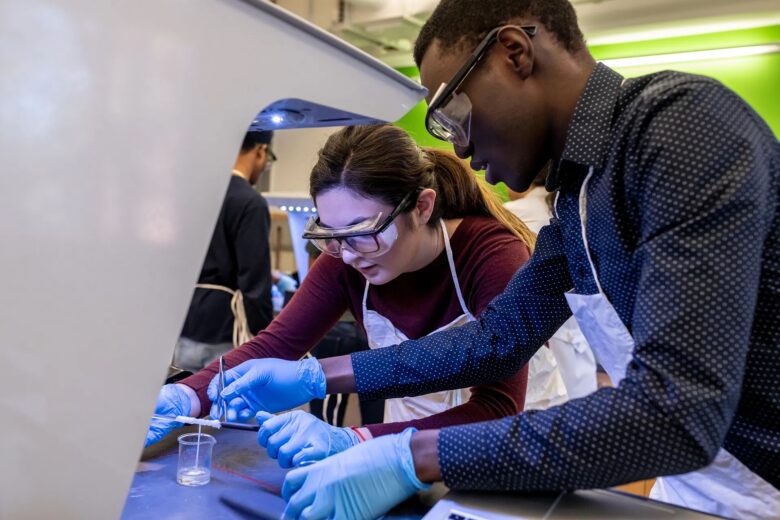
Each day, in every school at Penn, researchers are making strides to cure diseases, improve lives, and better understand our world. With more than $1.45 … Read More ›

Penn-led researchers have turned a deadly fungus into a potent cancer-fighting compound. After isolating a new class of molecules from Aspergillus flavus, a toxic crop … Read More ›
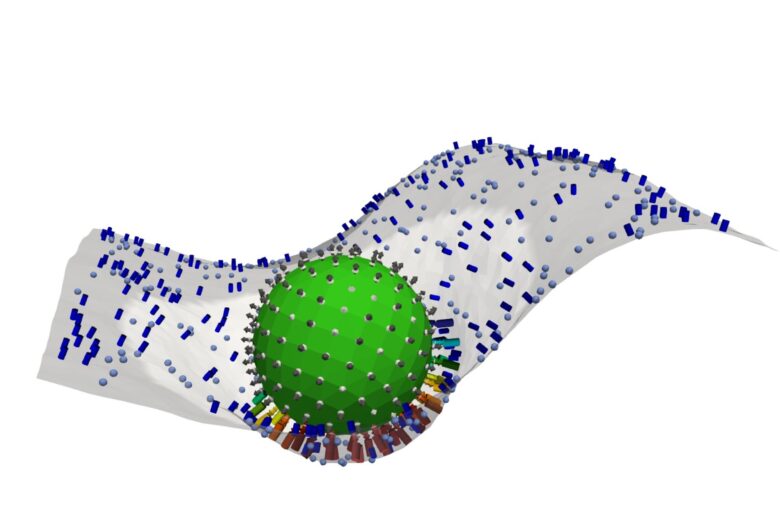
How does your body distinguish friendly visitors, like medications and medical devices, from dangerous invaders such as viruses and other infectious agents? The answer lies … Read More ›
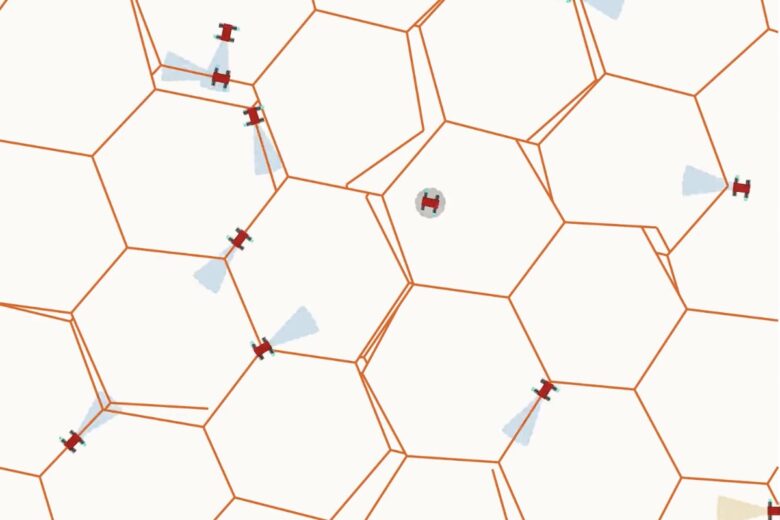
Bees, ants and termites don’t need blueprints. They may have queens, but none of these species breed architects or construction managers. Each insect worker, or … Read More ›
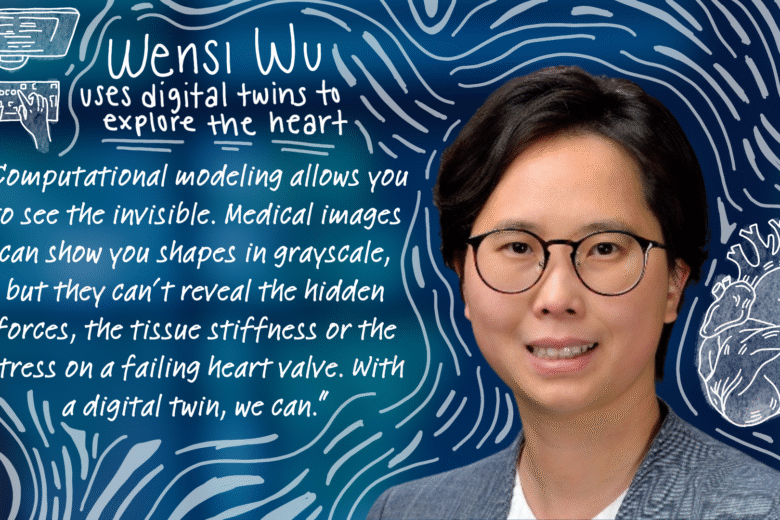
When Wensi Wu, Research Assistant Professor in Mechanical Engineering and Applied Mechanics (MEAM), first stepped into the world of computational modeling, she wasn’t thinking about … Read More ›
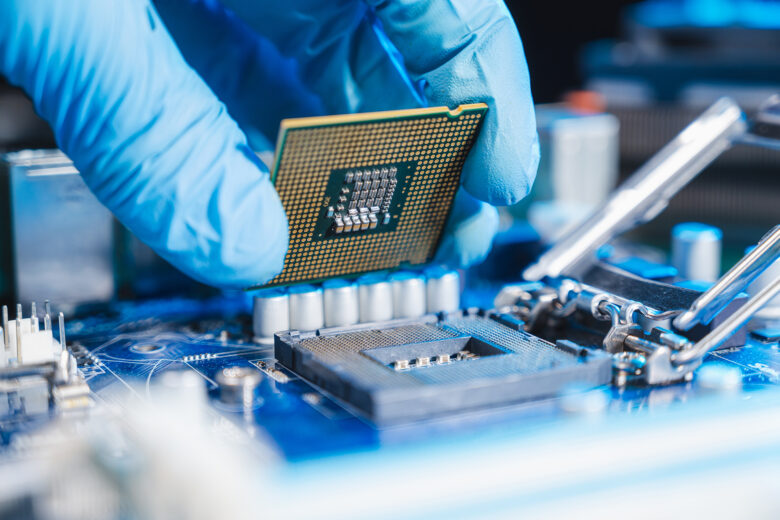
Increasingly, neural processing units (NPUs) are making their way into consumer electronics: laptops, high-end tablets, phones, and more. But what do they do, and why … Read More ›

Walter Cronkite was often cited as “the most trusted man in America” as he delivered the news on CBS in the 1960s and ’70s — … Read More ›

As members of the inaugural AI x Science Postdoctoral Fellowship, Brynn Sherman and Kieran Murphy are already reaping the rewards of cross discipline collaboration—testing new … Read More ›
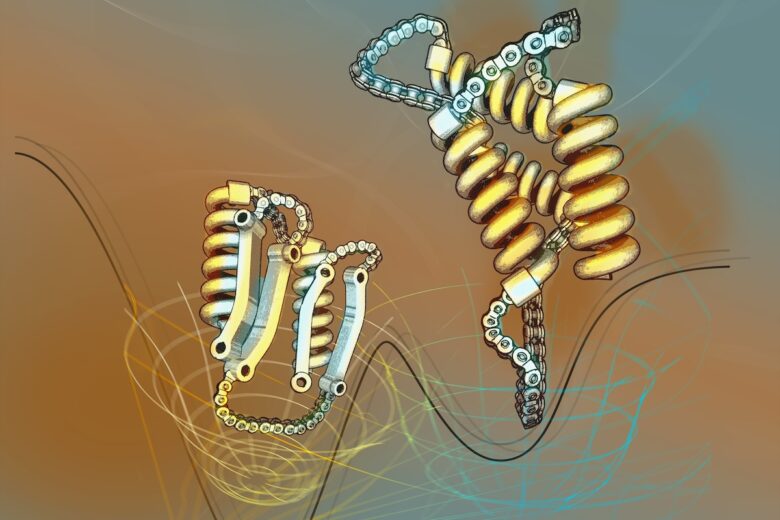
Prions, mysterious shape-shifting proteins, can lead to brain disorders such as Creutzfeldt-Jakob disease in humans and bovine spongiform encephalopathy, “mad cow disease” in cattle, yet … Read More ›